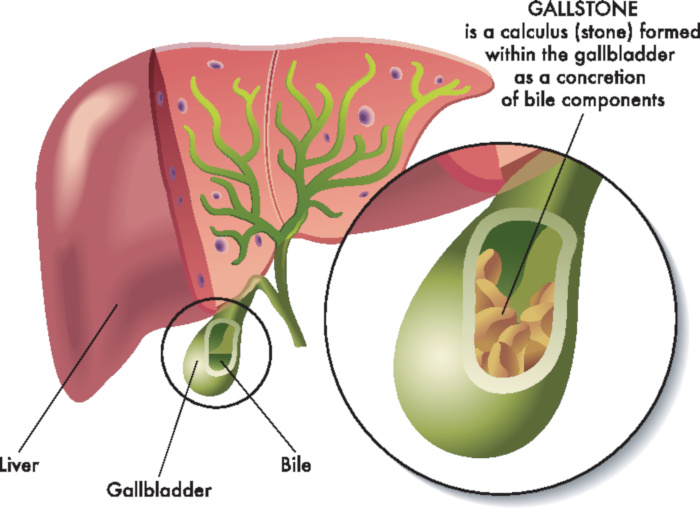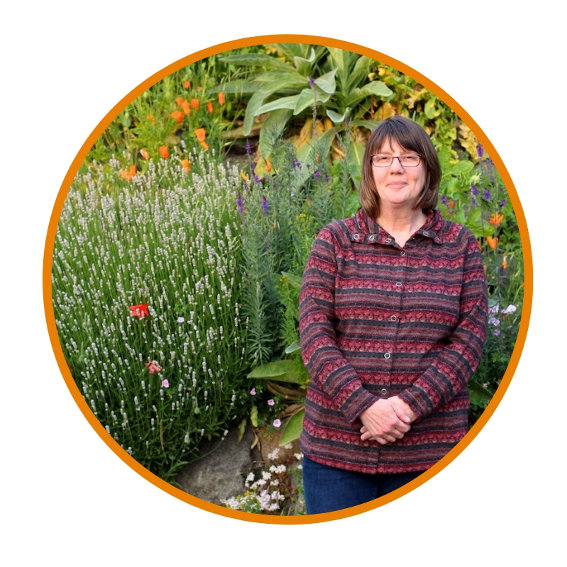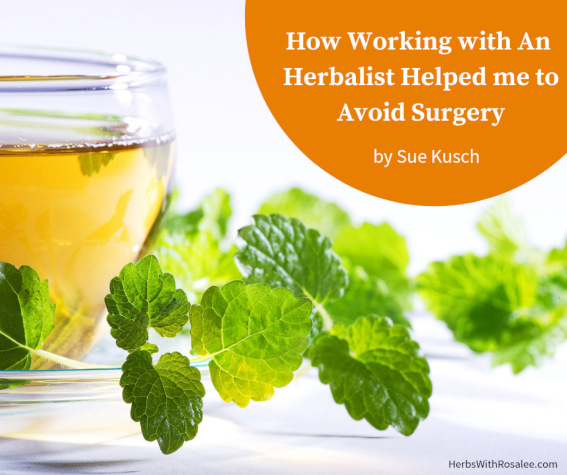Get weekly tips, recipes, and my Herbal Jumpstart e-course! Sign up for free today.

Why Work with an Herbalist?
Share this! |
|
Throughout my life I have been fortunate to have good health, with no major problems. I am a late bloomer in the world of natural therapies; my health was mostly neglected in my younger days. In my 40s, my neglect began to catch up with me, and I made wellness a priority in my life by taking more personal responsibility for my health. I learned more about my body by studying anatomy and physiology. I changed my diet by studying nutrition and paying attention to how my body interacts with food. I made exercise a daily priority. I even changed my profession and location to reduce stress and find more joy in my life. And I fell in love with herbs and their amazing properties when I started studying herbalism.
Always a bit of a rebel, I also learned to speak up for my right to control my body and my health. Last year, I felt a discomfort - I called it a rumbling - in my abdomen. It wasn’t particularly painful but it was fairly consistent and because it was unknown, it produced anxiety. I researched and became concerned about ovarian cancer so I made an immediate appointment at my rural medical clinic.
When I met the doctor in the exam room, he was tired and somewhat aloof and distracted. I described what I was experiencing; he probed around a bit and suggested that it might be gallstones. That was not on my radar - an experienced MD can help with diagnosis, which is a valuable resource.
Another gift of modern medicine is the technology: he arranged for an ultrasound two days later and on the third day he confirmed his guess. Meanwhile, I did abundant research on both Western medical treatment and traditional treatments (e.g., herbs, acupuncture). As I expected, the doctor recommended the modern Western solution. He calmly said he would arrange with the nearby hospital and a surgeon to have my gallbladder removed. I asked if there were any alternative treatments and he replied, no.
Though the notion of having a non-life-threatening operation to remove a body part was reason enough to rethink this approach, I also had a strong financial reason to find a better way: my health insurance has a $6000 deductible!
My online research revealed several truly bad suggestions and scientifically incorrect notions for eliminating gallstones. That’s where my investment in learning anatomy and physiology and botanical medicine paid off. But there was so much information that I felt overwhelmed so I decided it was time to consult with a clinical herbalist. Since I was not having chronic or acute pain, I wanted to explore management of my gallstones, with a goal of eliminating them naturally.

Using some recommendations from another herbalist, I contacted a clinical herbalist who had experience with gallstone management for a long distance consultation. I had basic knowledge of the intake process done by clinical herbalists so I was not surprised to receive a fifteen-page intake form arrive in my email. Some of the questions are similar to what you fill out for a new doctor’s appointment:
- Current primary health complaint and any secondary health concerns
- Current & previous illnesses, hospitalizations, surgeries
- Past and current diagnoses, drug and food allergies, family history of medical conditions
- Current healthcare providers including physicians, dietitians, acupuncturists, massage therapists, mental health professionals
- Current diagnoses from doctors
- Current blood work & other lab results
- Cancer history, including treatment plan, experimental drug trials
- Identification of dietary supplements currently being taken
It was the next section of questions that I found tremendous value in. The questions asked specifically about personal health habits and the form stated that there was no judgment involved; it was part of the overall assessment for a safe and responsible set of health recommendations.
A recent study found that 47% of those surveyed lie to their doctors about diet, exercise and sex habits. Women are twice as likely to lie than men and the main reason is because of embarrassment. Shame is powerful and not being honest about our lifestyles can create more health problems. Taking an honest inventory of my lifestyle/personal health habits is something I plan to do regularly to help keep me honest about how I treat my body.
The intake form asked the about the following personal health habits:
- Smoking, drinking alcohol, recreational drugs and frequency of use
- Caffeine consumption (in what and how often)
- Type, duration and frequency of regular exercise
- Access to clean, safe drinking water
- How much water taken each day
The next section asked me to rate my wellness in the following areas:
- Sleep
- Energy Levels
- Appetite
- Digestion
- Mood
- General outlook
The next section was on dietary and food habits. I was asked to provide examples of a typical breakfast, lunch, dinner and snacks. The herbalist stressed again the importance of being honest. I know that some herbalists will ask clients to keep a food journal for a week or two to help with assessment. I already do this in my planner to help keep me focused on eating more plants.
The next two sections asked me to rate the quality of my life in several areas and my personal stress levels. There were multiple pages with specific questions about reproductive systems for both women and men. The last three pages asked me to check off specific symptoms that I was experiencing with each of my body’s systems.
The intake form was a thorough inventory of my health and, most importantly, it focused on lifestyle factors. At a recent annual exam last year, my doctor’s medical assistant asked three questions: What health problems was I experiencing? How was I feeling in general? And a new question now that it is legal in my state: Did I use marijuana? My doctor did not ask any questions during the exam unless they were directly related to a comment or question I asked.
At the end of my annual exam, I mentioned to my doctor that I was surprised to see that her clinic did not ask me about my diet, my exercise regimen, use of supplements, my sleep patterns or my stress levels. Her response was silence first, and then she said that if I had problems with any of those I should mention them at the beginning. She ended with an honest reality of our medical system: she simply does not have time to address all of those factors in a 20-minute appointment.
After submitting my intake form to the clinical herbalist, we arranged for a 90-minute phone consultation a few days later. The most important benefit for me was that phone call; in those 90 minutes I felt like someone was assisting me with my personal responsibility for making my wellness a priority. My consult included the following:
- Recommended modifications to my diet and exercise
- A discussion addressing anxiety and stress in my life
- A strong recommendation to significantly increase my daily water intake (half of my weight in ounces!)
- A few recommended supplements specific to managing my gallstones and dietary fats
- A back and forth, think aloud discussion about one of my secondary complaints and its possible connection to my gallstones (this gave me a starting point to research more)
- An herbal protocol with explanations of how each herb would help with the management of my gallstones
- Symptoms to watch for in case the stones get stuck in the bile duct
- A reminder that gallbladder removal may still be necessary, especially if acute pain starts
Lastly, she emailed a document that included all of her recommendations. The cost for this personalized healthcare attention was under $100. But the entire experience was more valuable than its cost: I feel empowered and have continued to do more research, exploring additional ideas. My gallstone discomfort is greatly reduced but every now and then they make their presence known. I am content with my decision to try a traditional treatment instead of the surgical intervention but recognize that I may still need the surgery. Working with a clinical herbalist was so much more thorough and personal than any interaction with the many doctors I have seen over my lifetime. But the bottom line is this: it’s our responsibility to take charge of our health and clinical herbalists are a powerful ally in that effort.

Sue Kusch, a former community college instructor and academic advisor, incorporates her experiential wisdom, expertise and science-based research garnered from her three decades of growing vegetables, fruit and herbs into her educational writing about plants and how people use them. In addition to her BA in Social Sciences and Masters in Education, she completed the Master Gardener training in 2011 and two permaculture courses in 2001 and 2014. She has studied medicinal and nutritional uses of herbs, including studies at Herbmentor and East West School of Planetary Herbology, since 1997. An avid reader, lover of historical and folkloric information, and a promising storyteller, Sue writes about the intersection of plants and people.
